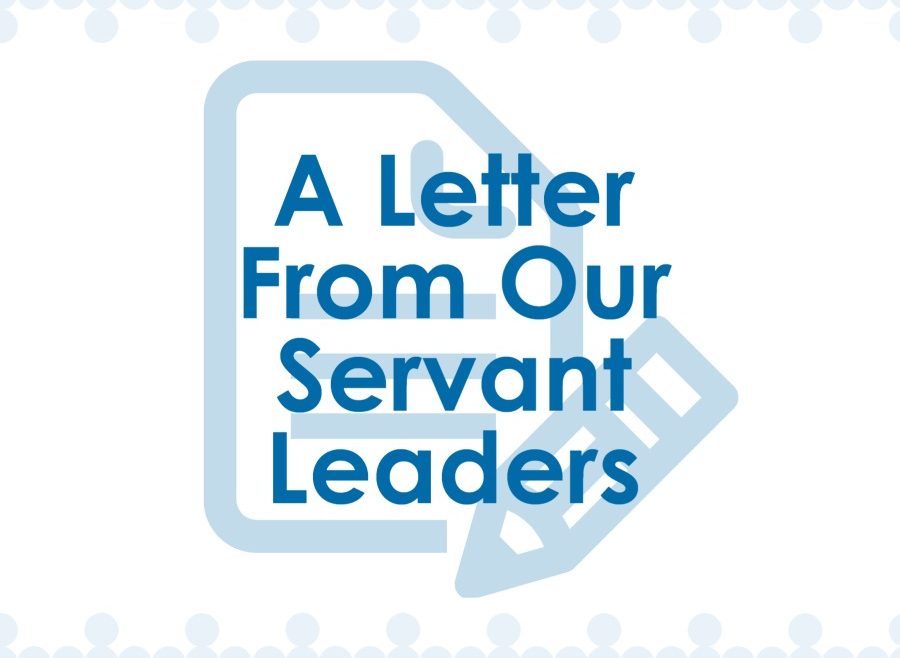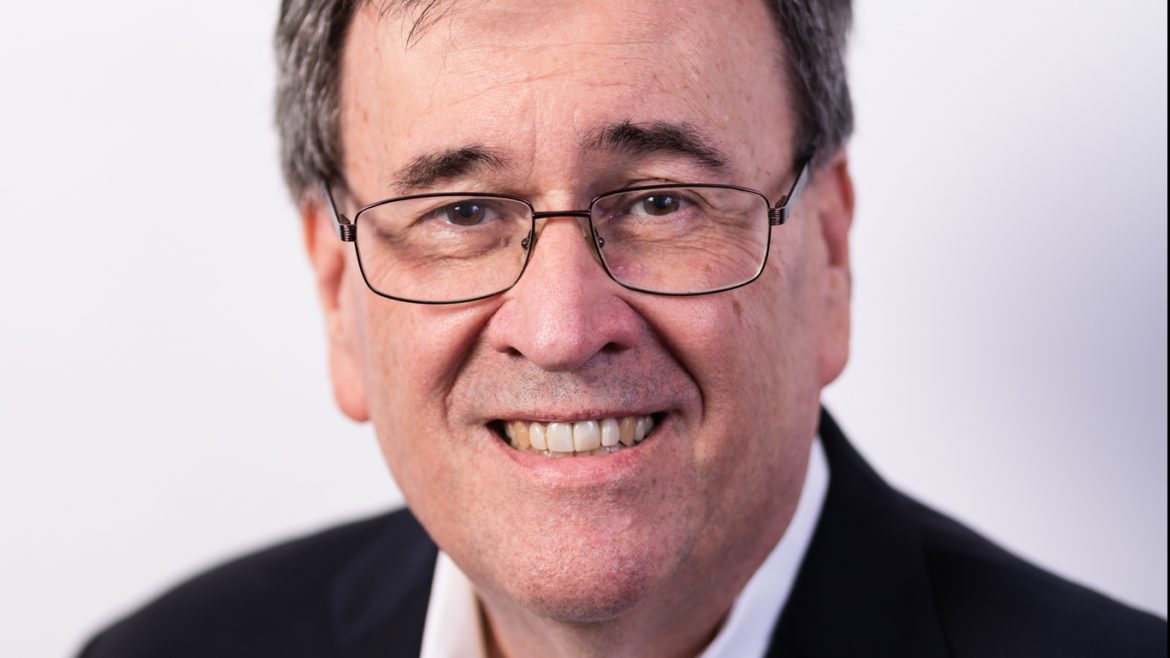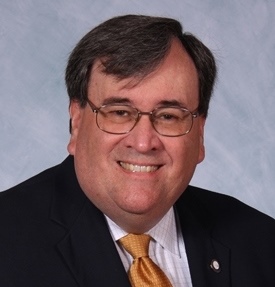A Time of Prayer
As I write this article, our country is recovering from the devastation caused by Hurricane Helene, and Hurricane Milton is headed to create even more devastation.
In times like these, our Vincentian family must gather and unite in what we do best — prayer & action! We must pray for all those impacted by these natural disasters, and then live our Vincentian mission by responding. This is what we do so magnificently well!
These difficult times give us all an opportunity to reflect on the many blessings in our lives. During my 34 years of being a Vincentian, I’ve met so many good people and had the opportunity to witness ordinary people doing extraordinary things.
Vincentians that are growing spiritually and putting that growth into action are truly everyday saints.
When you hear the word “saints”, you may have a mental image of someone in heaven. In Louisiana, sports fans may think of a man wearing a helmet and a black and gold uniform playing football. But to me, every time our Vincentian family responds to a disaster, provides a hot meal, prevents homelessness by making a Home Visit or provides help with a critically needed prescription, I know there’s an everyday saint behind it somewhere.
These everyday saints share their time, talent, and treasure with our neighbors in need. They stand up during the devastation of a disaster, visit the poor in their homes, and donate much needed in-kind goods and financial resources. They make sacrifices, giving of themselves to make the world a better place.
We all share our concern for our neighbor in need and reach out to them. In the world today, everyday saints are critical. They are on the front lines in our daily battle against poverty and are the lifeblood of our organization.
Serving others is an important part of our Vincentian spiritual journey. I often think about the statement, “Every saint has a past and every sinner has a future.” In the context of our work, that’s a very true statement. None of us are perfect, but we can all be everyday saints to people who may have made mistakes, been a victim of a disaster or some other circumstance beyond their control, and need our help in putting their lives back together.
Every member of the St. Vincent de Paul family is bringing the bright light of Christ to someone who desperately needs a helping hand-up of compassion and hope.
I thank our great Disaster Services Corporation SVdP staff, led by Brian Burgess and Liz Disco-Shearer, who are working hard to respond to these disasters.
Most importantly, I ask you to join our entire Vincentian family in praying for those devastated by these disasters.
As we are just a few weeks away from All Saints Day, thank you for following the example of St. Vincent de Paul, St. Louise de Marillac, Blessed Frédéric Ozanam, and Blessed Rosalie Rendu. Thank you for making a difference in the lives of our neighbors in need. May God bless you and your family.
Sincerely in Christ,
Michael J. Acaldo
National CEO

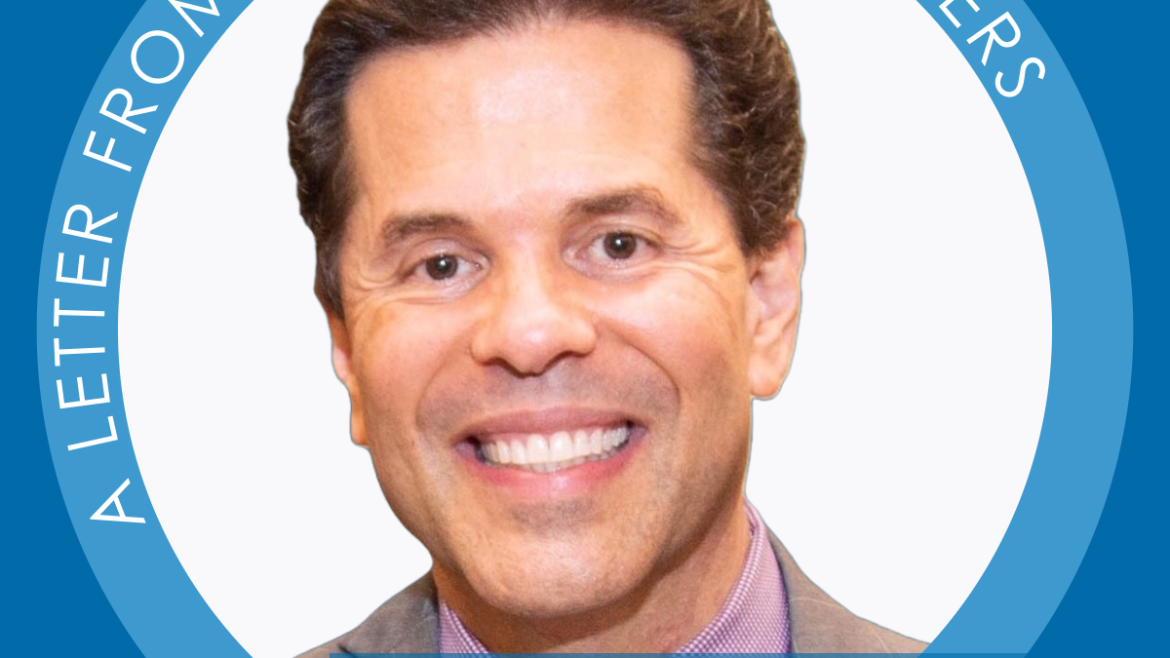
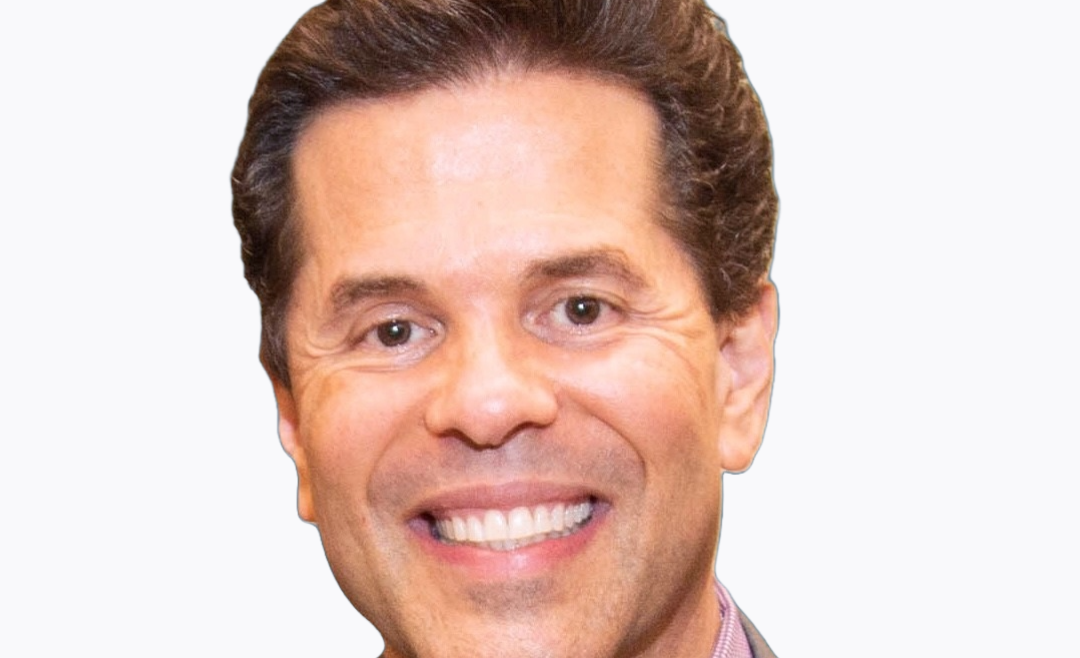
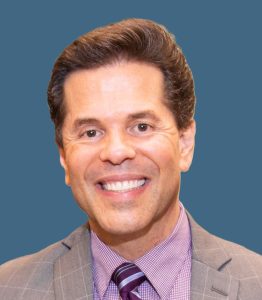 After an extensive nationwide search led by executive search firm
After an extensive nationwide search led by executive search firm 